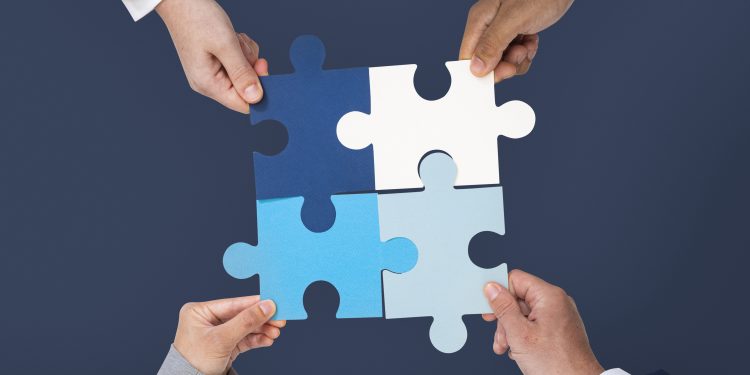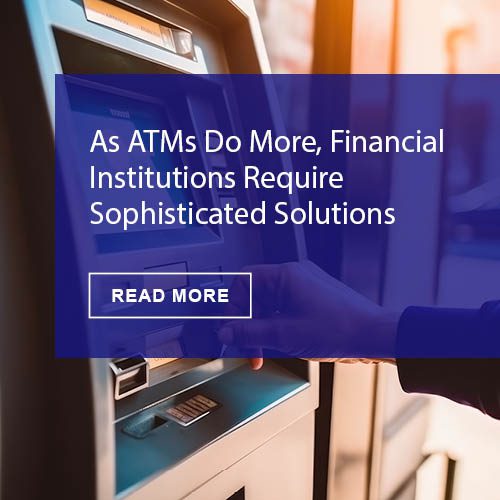Visa and TECH5 are working together to enhance government payment digitization. The two organizations will develop a blueprint outlining strategic projects that will support the development of digital identity management, digital payments, and other ecosystem-driven services.
At the core of this partnership is a shared objective—to bolster financial literacy and promote digital inclusion. By expanding the reach of the financial system to include more participants, the collaboration seeks to foster economic growth. Tech5 and Visa will work closely with governments to oversee the nationwide implementation of digital ID and payment systems.
In addition to these efforts, the partnership involves the development and support of a go-to-market blueprint for a super app. It also includes the facilitation of Visa card credentials for both citizens and non-citizens through a variety of digital channels.
On the Road to Financial and Digital Inclusion
Large portions of the world’s population remain unbanked. In fact, around 1.4 billion adults are considered unbanked and don’t have an account with a traditional bank. By being excluded from the traditional financial sector, these individuals are paying more for check cashing services and money orders versus having these services available for a smaller fee or free by having a bank account. Furthermore, without a bank account, the unbanked do not have access to essential financial tools such as insurance, loans, and credit cards.
In Latin America, a World Bank study found that 55% had a bank account at a financial institution. However by 2025, 73% of the population will be subscribed to mobile services. Mobile wallet payments, unconnected to a bank account or credit card made up 30% of e-commerce payments in the area.
Digital wallets are also promoting financial inclusion among the unbanked in Latin America as they don’t require a traditional bank account or credit history. Global remittances have played a vital role in the economic development in Latin America as it fuels income into households, especially in rural areas to improve living standards. This money can then be used to open a bank account or a savings account, introducing the unbanked individual to enter the banking system.
Like Visa, Mastercard is also playing a major role in promoting financial inclusivity. It’s partnership in August with Ingiz, an Egyptian financial management startup, aims to foster financial inclusivity among Egypt’s youth via its digital payments app. Within the app, users will be able to expand their financial literacy knowledge through gamified features, teaching them about saving, earning, and spending responsibly.











